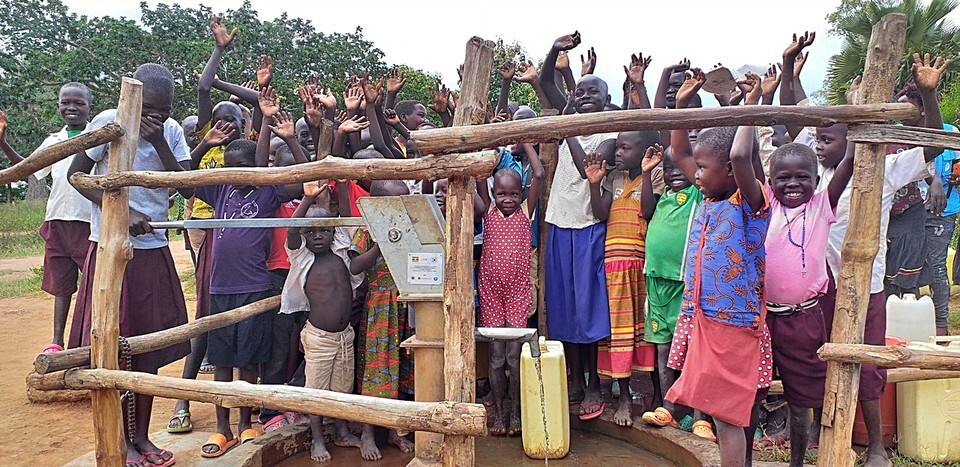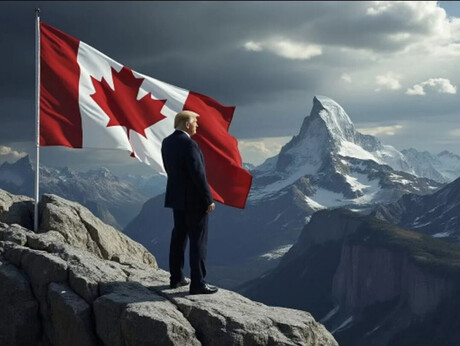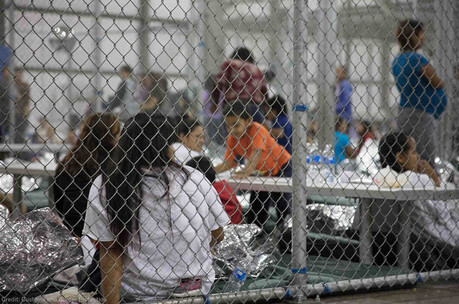
A recent report by the Korea-Africa Foundation warns that the Trump administration’s reduction of official development assistance (ODA) could cause a severe health crisis in Africa, potentially leading to millions of deaths. The report, authored by Kim Yong-bin, head of the Development Marketing Institute, analyzed the impact of the "America First" policy on international aid, highlighting a 90-day freeze on all foreign assistance in January of this year.
Kim's 35-page report, titled "The Impact of the Second Trump Administration's Measures on Africa's Development Aid and South Korea's Response Strategy," argues that the aid cut will have a profound impact on global development cooperation. The author warns it could "cause a breakdown of the entire humanitarian ecosystem across Africa," a risk that the international community would find difficult to mitigate in the short term.
As the largest beneficiary of U.S. ODA, which has accounted for over 20% of all aid to the continent over the last decade (exceeding $15 billion annually), Africa is expected to be hit hardest. The report notes that the new Trump administration has halted new ODA commitments to Africa, with existing aid disbursements set to decrease over the next few years. This poses a significant threat to the African public health sector, where U.S. aid has long been a foundational component of medical systems, supporting vaccination campaigns, infectious disease surveillance, and healthcare worker training.
Citing research by Charles Kenny and Justin Sandefur of the Center for Global Development, the report estimates that the cut in U.S. aid could result in over 2.44 million deaths across Africa. This figure is based on the number of lives saved through U.S. aid in five key areas: AIDS, malaria, tuberculosis, humanitarian assistance, and vaccines. The top 10 countries most affected are all in sub-Saharan Africa, with Nigeria facing the highest potential death toll at 269,889, followed by South Africa (202,693), Tanzania (179,051), Mozambique (176,036), and Uganda (169,372).
Given that African nations are now looking for new partners, Kim suggests that the South Korean government should strengthen its ties with the continent. He recommends that Seoul leverage its public health expertise, particularly its experience with the "K-Quarantine" model, to enhance cooperation in key areas like public health and economic development. This could involve partnerships for local vaccine production, digital healthcare collaboration, and training for regional health professionals.
Kim asserts that the shift in the global development landscape presents an opportunity for South Korea to enhance its diplomatic influence as a "middle power." By stepping up its role, South Korea could establish itself as a more responsible and influential donor country in the international community. The South Korean government has already recognized Africa as a crucial partner, with Africa's share of the country's ODA budget reaching 17.7% last year, second only to Asia.
[Copyright (c) Global Economic Times. All Rights Reserved.]





























